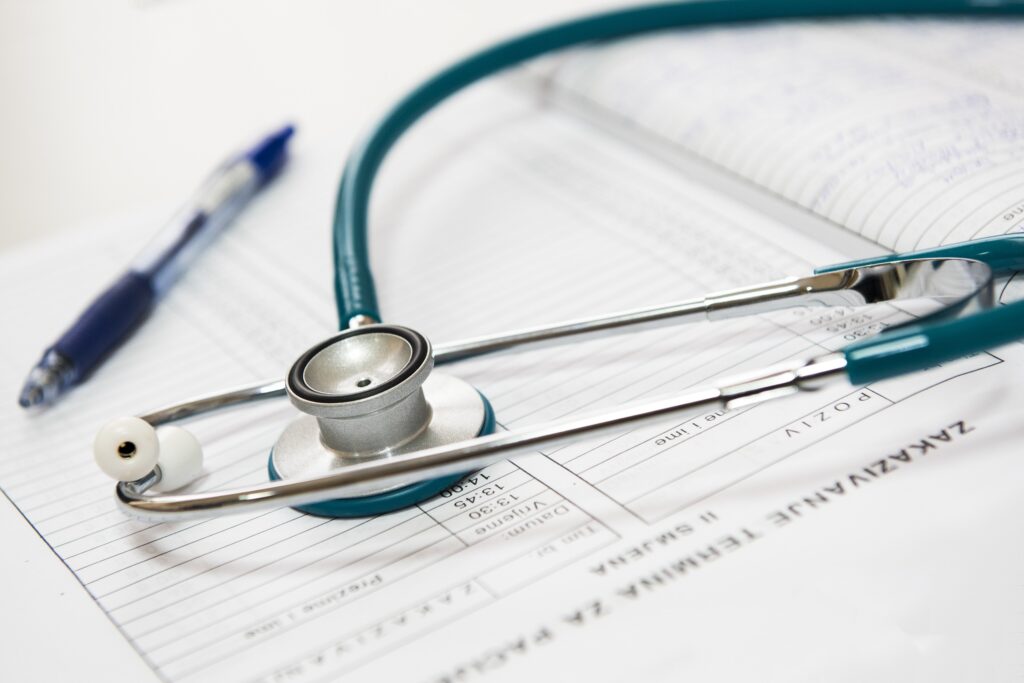
When Can The Condition Be Diagnosed?
Following birth, all babies should have their hips assessed within the first 72 hours as part of a thorough physical examination. This helps with the early diagnosis of DDH and should result in prompt treatment if an abnormality is identified.
If a hip deformity is suspected following medical tests, the baby has been born breech or there is a close family history of early hip problems, it is likely that a scan will be carried out.
In any event, even where these concerns are not present, a further examination should take place at around 6 to 8 weeks. This will usually be carried out by the child’s GP.
Why Are Early Tests Important?
Early tests are important as DDH occurs even where there are no known risk factors such as a family history. The earlier the diagnosis, then the sooner treatment can commence and the child achieve a better outcome.
When May A Claim Arise?
If the condition is diagnosed early and treatment is commenced, there is a better prospect of the hip developing normally and the child avoiding surgery. If this does not happen, it can lead to increasing problems as the child grows including pain and problems with mobilising. Normal development of the hips should be possible if a child is diagnosed with the deformity before the age of two.
A delay in diagnosis can also lead to surgery later in life, such as a hip replacement, that may have been avoided with timely diagnosis and treatment and then cause ongoing pain and disability. Most claims for medical negligence for DDH relate to a missed or delayed diagnosis.
What Is The Usual Treatment For DDH?
If diagnosed early, a special type of harness can be used which will secure the child’s hips. If the diagnosis is not made early, then surgery will be necessary. This may not be successful causing pain and surgery that may have been avoided later in life.
What Damages Can Be Recovered?
Damages can be claimed for the pain and suffering caused that would have been avoided with an earlier diagnosis. In addition, it may be possible to claim for the cost of private medical treatment and other expenses, such as care. The damages that can be recovered will be determined by independent Orthopaedic expert evidence and what the expert considers is reasonable based on the delay.
How Can Timms Help With A DDH Claim?
If you feel that your child has suffered an injury due to a missed or delayed diagnosis of DDH, you should seek advice at the earliest opportunity. Our experienced team of Solicitors have many years’ experience dealing with these cases. They can be contacted by telephone on 01283 214231 or, alternatively, via email at legal@timms-law.com




